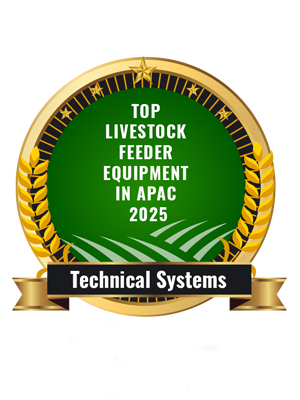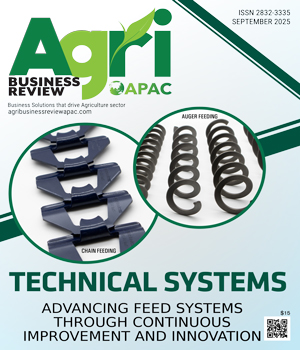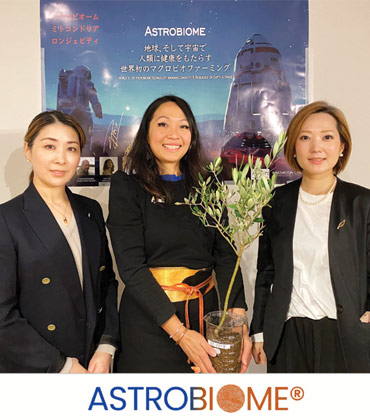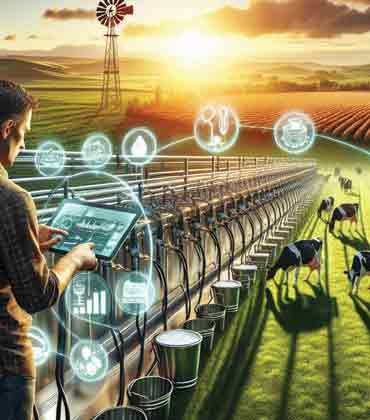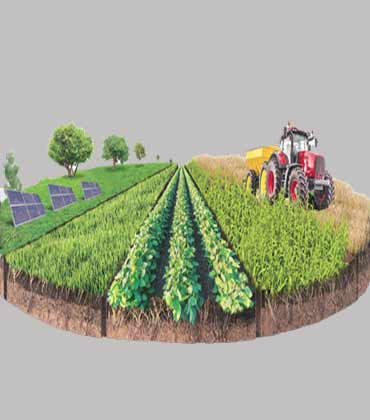Thank you for Subscribing to Agri Business Review Weekly Brief
Agri Business Review: Specials Magazine
For over 30 years, Technical Systems has established itself as the Market leader in feed conveying equipment for the livestock industry. Technical Systems is known for their durability, innovation and precision engineering. The company has built its global customer base in 58 countries by addressing evolving market demands for consistent stock availability, reduced lead times, durable products and dedicated technical support. This has been made possible through engineering excellence and a robust network of warehouses worldwide based in: South Africa, United States of America, China and Europe. “Our mission is to deliver durable products, minimize downtime and support our customers’ growth” says Bernie Joubert, Customer Relations Manager. An essential factor in fulfilling this mission is a focus on quality, starting with the use of premium steel. High-grade steel forms the foundation of its feeder components, from the Fatiqless™ Auger and feeder chain, to precision-engineered chain feeding drive and corner units. Technical Systems is known as the largest poultry feeder chain manufacturer. Their flagship product is feeder chain, a feed-conveying solution engineered for unmatched durability in high-volume livestock operations. It has earned its trust by delivering consistent performance, even under intense mechanical stress. Integrated seamlessly with chain feeding drive and corner units, it minimizes downtime and maximizes feed flow. Fatiqless™ Auger is protected by a global patent, this product is known for its success rate of 99.95 percent in feed conveying systems, making it a backbone in poultry and pig feeding systems. Every year, Technical Systems manufactures approximately 8 million meters of auger and over 10 million meters of feeder chain, dispatching 18 million meters of critical livestock feeding components globally. This massive output is backed by meticulous tracking through processes based on Technical Systems Internal Standards (TSIS). Seamlessly integrated with the company’s ERP systems, this ensures end-to-end traceability from raw material sourcing through production, logistics and final delivery to customers. A distinct serial number, enabling precise tracking and swift resolution of customer inquiries, is assigned to each product. An extensive data repository, retained for over 32 years, supports traceability and informs continuous improvement in existing products and the development of new, innovative solutions. Another distinctive advantage of Technical Systems is its OEM-centric engineering support. By working closely with OEMs and integrators, it provides expert guidance on installation, alignment, tensioning and performance tuning, customized for various farm layouts.
Advanced Microbiome Therapeutic for Regenerative Farming
Astrobiome® has unlocked the untapped potential of microorganisms and developed microbiome-based nutrition and farming solutions that support extra-terrestrial applications. It offers metabolite complexes that amplify the performance of high-capacity individuals like astronauts, enabling them to endure longer space missions. In partnership with the European Space Agency, Astrobiome® is set to embark on a space experiment to validate the efficacy of its solutions in microgravity. “Our mission is to advance microbiome farming on Earth and beyond, addressing the pressing climate challenges we face,” says Vera Mulyani, CEO and Founder. “This space project is set to boost the effectiveness of our solutions by a factor of ten.” The unrestrained use of chemical fertilizers in contemporary agricultural practices has significantly depleted soil and food health. Astrobiome® focuses on transitioning agriculture from traditional chemical methods back to natural microbiome farming practices, ensuring that future generations benefit from healthier, more nutrient-rich food.
Probiotic Seed Coating Solution
Imagine if seeds carried the power to boost yields while enriching soils. This is the promise of seed coating inoculant—a solution that envelops seeds with beneficial microbes that gives each one a head start. Seed coatings promote healthier roots, enhance plants immunity, and help crops use nutrients more efficiently, which reduces the need for synthetic fertilizers and pesticides. By turning seeds into tiny powerhouses of growth, this technique holds the key to resilient, high-yield harvests and healthier soil ecosystems. Earnest Agriculture, a veteran-led startup, is leading this transformative shift away from reliance on synthetic fertilizers and pesticides, toward natural, microbe-powered seed coatings that promote higher yields and healthier soils. Their goal is to empower farmers to produce more with less and cultivate a sustainable path forward for farming worldwide. At the core of its strategy is a tested platform that creates the ideal blend of microbes with perfect synergy. “It’s like a matchmaking platform on steroids. Many types of bacteria don’t naturally work well together, so bringing them into harmony is a real innovation—and that’s exactly what we’ve achieved here at Earnest,” says Eddy Mejia, founder and CEO of Earnest.
CXO INSIGHTS

Farmer Focused Conservation Sales
Thomas Fawcett, Director, Environmental Resources & Precision Ag, Heartland Co-op

Adopting Precision Agriculture for Efficient Corn Silage Cultivation in Sri Lanka
Thalib Imtiaz, Head of Technical Operations, Crysbro
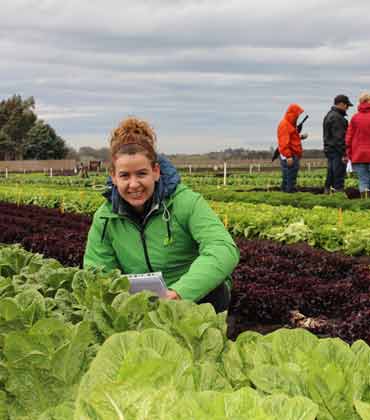
Securing our food future
Frances Tolson, Product Development Manager, Rijk Zwaan
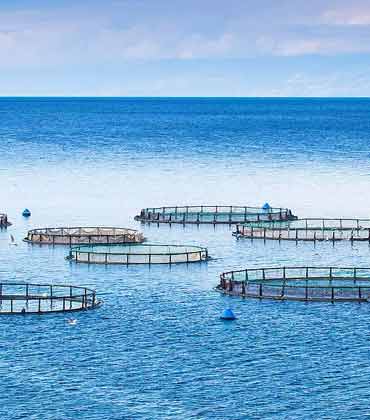
Embracing New Technologies in Shrimp Farming
Txomin Azpeitia, Group Technical Manager, Grobest Group
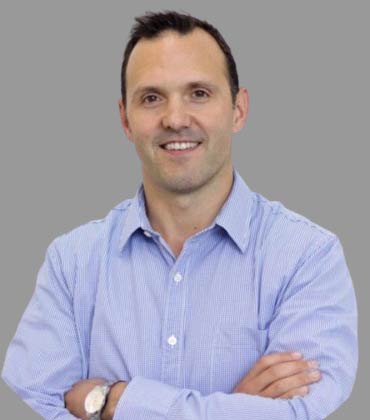
The New Frontier of Sustainability
Paul Bonnett, Senior Director of Agronomy & Environmental Sciences, Nutrien[NYSE: NTR]
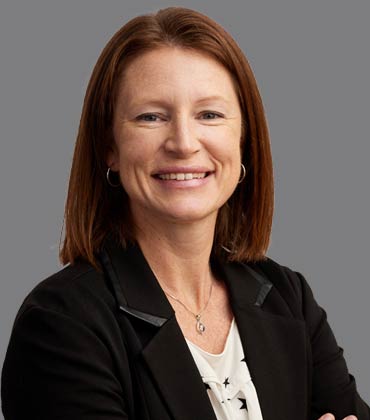
Driving Innovation and Sustainability in Poultry Nutrition
Stacey Roberts, Ph.D., Director of Nutrition, Versova

Insights on How to Navigate Modern Manufacturing Applications
Thiago Jube, Process Technology Manager, Barry Callebaut Group
IN FOCUS
Driving Efficiency in Animal Agriculture: APAC's Feeder Equipment Boom
The APAC livestock industry is experiencing rapid growth due to increasing demand for animal protein, driving innovation in efficient and sustainable feeding equipment.
Export-Ready Agribusiness: Strategies for Scaling in Global Markets in APAC
The Asia-Pacific region's growing demand for high-value agricultural products drives the need for export readiness and innovation, emphasizing sustainability and strategic partnerships for global competitiveness.
EDITORIAL
Modern Farms, Smarter Feeders
In many rural areas, simple manual feeders remain essential for small and medium-sized farms because they are affordable and easy to use. At the same time, advanced systems such as automated conveyors and smart feeding controls are gaining traction. Countries like China, India, and parts of Southeast Asia are leading the way, supported by government programs that encourage mechanization, improve animal welfare, and ensure compliance with food safety standards.
These innovations help reduce feed waste, make better use of resources, and strengthen farms against environmental challenges. Farmers adopting modern feeder systems are showing that improving efficiency can also build consumer trust and support sustainable practices.
Shifting dietary habits, growing export ambitions, and regional sustainability goals are driving further change. Farmers are investing in technology that protects animal health, enhances operational resilience, and supports long-term profitability. Livestock feeder equipment is playing an increasingly important role in the region’s food future by helping farms operate responsibly and efficiently while keeping pace with modern expectations.
This issue celebrates the leaders, platforms, and solutions setting new benchmarks in livestock feeder equipment. Among the standout voices are Kantapat Jaruprompong, Farm System and Poultry Welfare Manager at Tyson, and Chengboey Lau, Senior Director of Quality and Food Safety, AMEA, at Kellanova. They discuss the challenges and opportunities defining the market, and their connection to the most transformative changes underway. We believe that these insights will support your growth and promote more data-driven business decisions.

